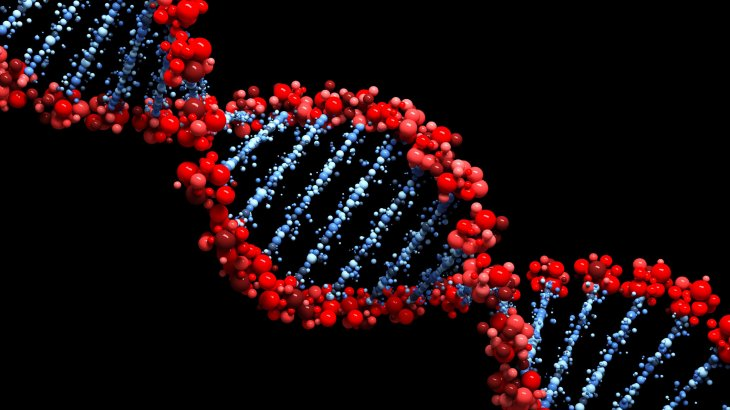What's the Role of Genetics in Human Health and Disease?
Genetics play a crucial role in human health and disease. Our genes, which are inherited from our parents, contain the instructions for the development and functioning of our bodies. They encode the proteins that make up our tissues and organs, and they also play a role in determining our physical and behavioral characteristics.
When it comes to health and disease, genetics can influence our susceptibility to certain conditions. For example, if a person has a family history of a particular disease, they may be more likely to develop that disease themselves. Some genetic conditions are caused by mutations in a single gene, while others are caused by mutations in multiple genes or by a combination of genetic and environmental factors.
There are many genetic conditions that can affect human health, including cystic fibrosis, sickle cell anemia, and Huntington's disease. These conditions are caused by mutations in specific genes that result in abnormalities in the proteins produced by those genes.
Genetic testing can help identify individuals who are at risk for certain genetic conditions. This can allow for early diagnosis and treatment, which can improve the chances of a positive outcome. In some cases, genetic testing can even help predict the likelihood of developing a particular condition before symptoms appear.
While genetics play a significant role in health and disease, it is important to note that genetics are just one factor. Environmental and lifestyle factors, such as diet, exercise, and exposure to toxins, can also impact a person's risk for certain conditions.
Overall, genetics play a complex and multifaceted role in human health and disease. Understanding the role of genetics can help us better understand the causes of certain conditions and develop treatments and prevention strategies to improve health outcomes.





